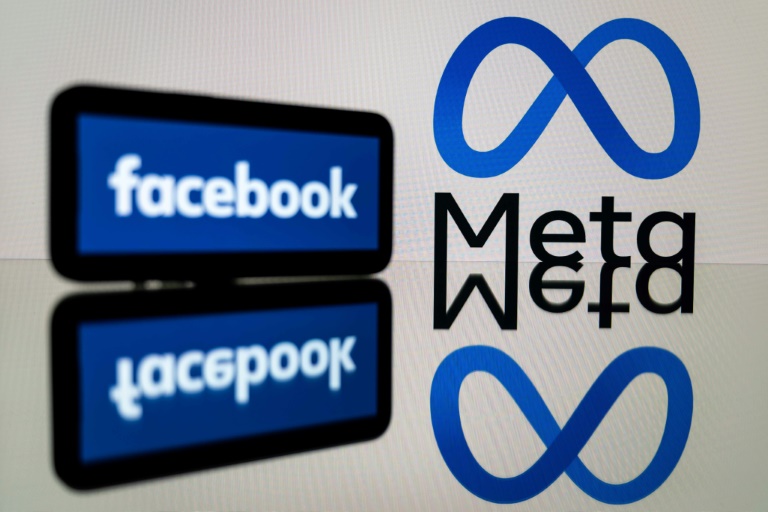AFP
Facebook owner Meta is working on a new “text sharing” social media network, it said Friday, in a project seen as a potential rival to embattled Twitter.
Since billionaire Elon Musk’s takeover of Twitter in October, the platform has suffered outages, layoffs and seen advertisers flee over the lack of content moderation.
But so far no major alternative to Twitter has emerged, leaving global leaders, politicians, celebrities and companies little choice than to continue to communicate via the platform.
Following reports on news websites Platformer and India-based Moneycontrol, Meta confirmed on Friday that it was beginning to work on the new platform.
“We’re exploring a standalone, decentralized social network for sharing text updates,” Meta, which also owns Instagram, said in a short emailed statement.
“We believe there’s an opportunity for a separate space where creators and public figures can share timely updates about their interests,” the statement added.
The media reports said that Meta’s new app would use technology to allow it to be interoperable with niche network Mastodon and other platforms — enabling users to broadcast posts to people on other networks.
This would be a clear break from usual practice by tech giants, where platforms such as Instagram or YouTube are kept behind technological walls and operate using company servers under strict rules.
Mastodon runs from decentralized computing servers, with no central management or authority calling the shots.
In December, Musk briefly banned Twitter accounts that provided links to other social media platforms, including Facebook, Instagram and Mastodon.
Moneycontrol reported that Meta’s new venture was being tested with features including tappable links, user biographies, verification badges and shareable images and videos.
In its latest glitch, Twitter on Monday suffered a brief but unprecedented outage with users worldwide reporting they could no longer read links to articles from outside websites.
The company’s tech support account blamed the problem on “unintended consequences” from an update to the platform.
After several rounds of layoffs saw more than two thirds of staff let go, Twitter is running on a skeleton staff, allegedly leaving it vulnerable to outages as well as disinformation and harmful content.
When many advertisers backing off, the network saw its revenue and adjusted profit fall about 40 percent year-on-year in December, the Wall Street Journal reported Saturday, citing people close to the company.
Musk has tried to wean Twitter from advertising and promote subscriptions as a new way to bring in cash — an idea that Meta is testing as well — but so far the results have been disappointing.







